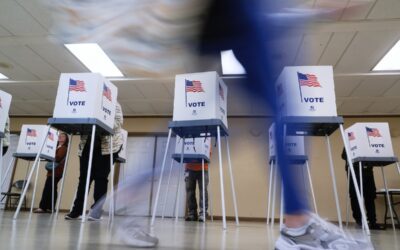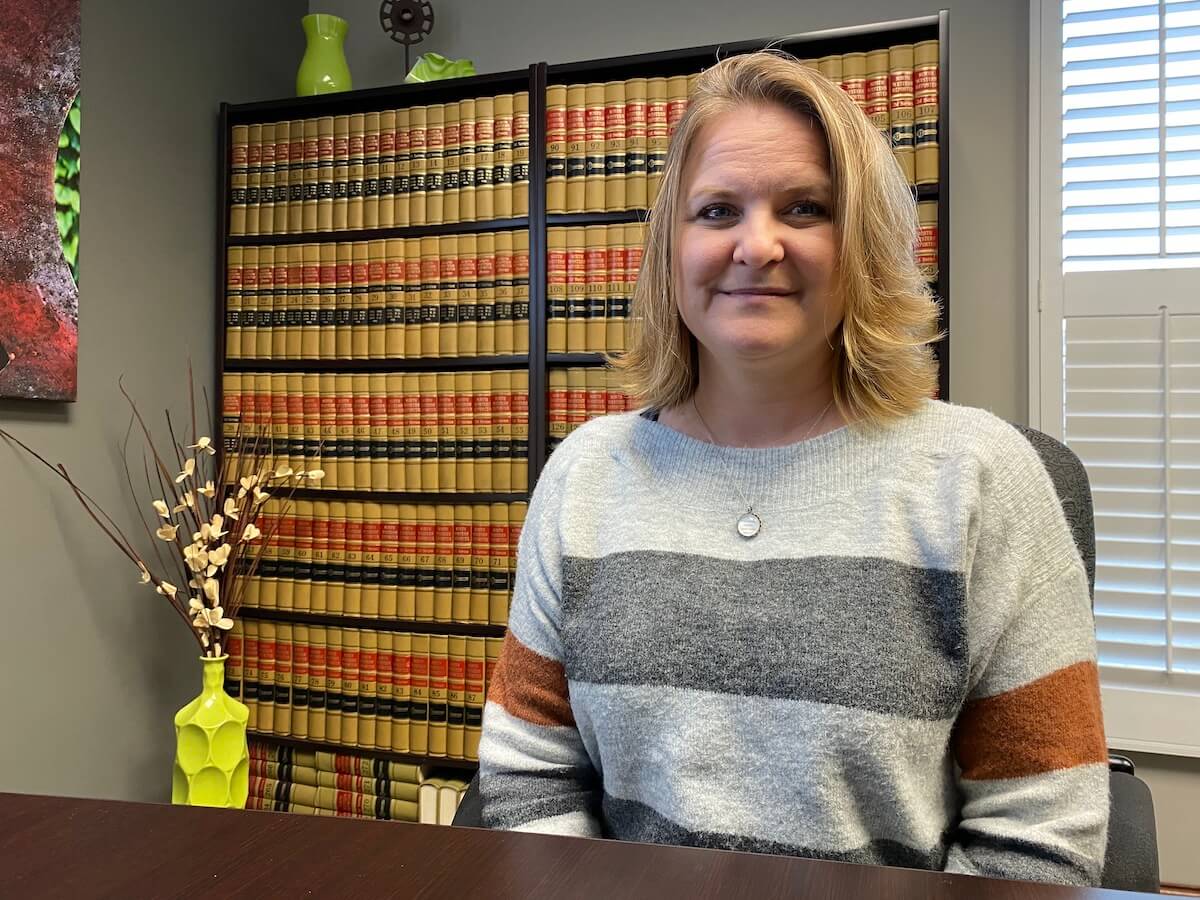
#image_title
Lawmakers will again reconfigure voting districts based on 2020 US Census results next year.
This article is part of COURIER’s Your Vote 2020 hub. For more stories from each of the battleground states, along with national reporting, visit the site here. And for more coverage designed to help you cast a ballot this fall, see our special page on the election: Your Vote Matters
As one of the plaintiffs in a landmark case challenging gerrymandered political districts that made its way to the US Supreme Court, Wendy Sue Johnson is all too familiar with the concept of fair and unfair voting districts.
Johnson, an attorney who lives in Eau Claire, was among the plaintiffs who challenged the election districts in Wisconsin that were established in the wake of the 2010 election that gave Republicans control of the governor’s office and the Legislature. Those districts, set in 2011, were drawn to maximize Republicans’ re-election chances and have been deemed as among the most gerrymandered among the 50 US states.
“The way those districts are drawn, it is set up to benefit Republican candidates. There is really no arguing that,” Johnson told UpNorthNews.
Johnson said she and others involved with the effort knew from the outset it was a long shot. Previous efforts to convince the courts to overturn gerrymandered districts by both Democrats and Republicans had failed.
Still, when she received a phone call in October 2014, days after she had opened up her law office with partner Vanessa Klemish, Johnson decided to sign on as one of the case’s 12 original plaintiffs.
“This was something that was exactly in line with my philosophy, to try to ensure a fair voting process for everyone,” Johnson said. “I knew the lawsuit would be a challenge. But I wanted to fight the good fight.”
The lawsuit process took several years and was affirmed by judges and appealed before making it to the US Supreme Court. In June 2018 that court’s justices rejected the lawsuit, saying state lawmakers, not the courts, should address election districts.
Johnson was disappointed by that decision but decided to seek a seat to the state Assembly, running as a Democrat in the 68th district, where boundaries are set to favor a Republican. She lost that race to Jesse James, a Republican from Altoona.
Election maps are drawn after each census, meaning Wisconsin’s will be reconfigured next year. The Republican-controlled Legislature and Democratic Gov. Tony Evers will work on what those districts will look like, and if they don’t agree the courts will decide.
A more fair way of devising those nonpartisan districts, such as happens in Iowa, to better represent voters’ wishes should be the model used, Johnson said. Momentum for such a plan in Wisconsin has been growing on a bipartisan level. Of the state’s 72 counties, 55 have approved advisory measures to the state Legislature seeking a more equitable election map. A Marquette Law School poll released in January 2019 showed 72 percent of respondents opposed gerrymandering and wanted nonpartisan redistricting.
Because of voter inequities under Wisconsin’s current election map, voting this fall is more important than ever, Johnson said. State Republicans are seeking to win enough Legislative seats to have a veto-proof majority, meaning Democratic Gov. Tony Evers can’t override their votes. If that happens, she said, it would lead to more one-sided governance in Madison.
Evers has created and named the members of the nonpartisan People’s Map Commission. The commission is charged with drawing fair maps based on 2020 U.S. Census data and will be holding virtual meetings to receive input from residents. But again, given the GOP-controlled Legislature, it is unclear how receptive lawmakers will be to accepting the commission’s redrawn voting district recommendations as opposed to redrawing the districts themselves.
“People need to make sure to vote because this election is so important to ensuring a more fair system,” Johnson said. “We need to force lawmakers to compromise. You can’t get things done if you’re in gridlock all the time. You can’t focus on issues like education and the environment and transportation funding if we can’t get (legislators) to work together. And with gerrymandered districts, there’s no incentive for them to do that.”
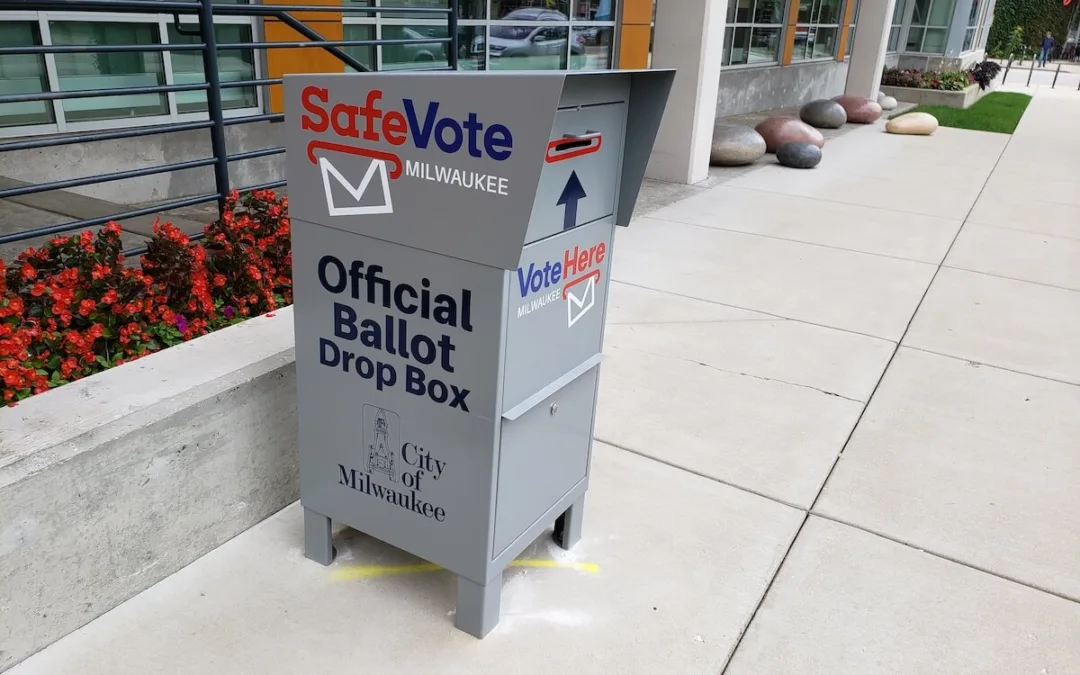
Wisconsin Republicans introducing new bill to ban absentee ballot drop boxes
Conservative state Supreme Court justices banned drop boxes in 2022, but they were restored when the court came under liberal control in 2024....
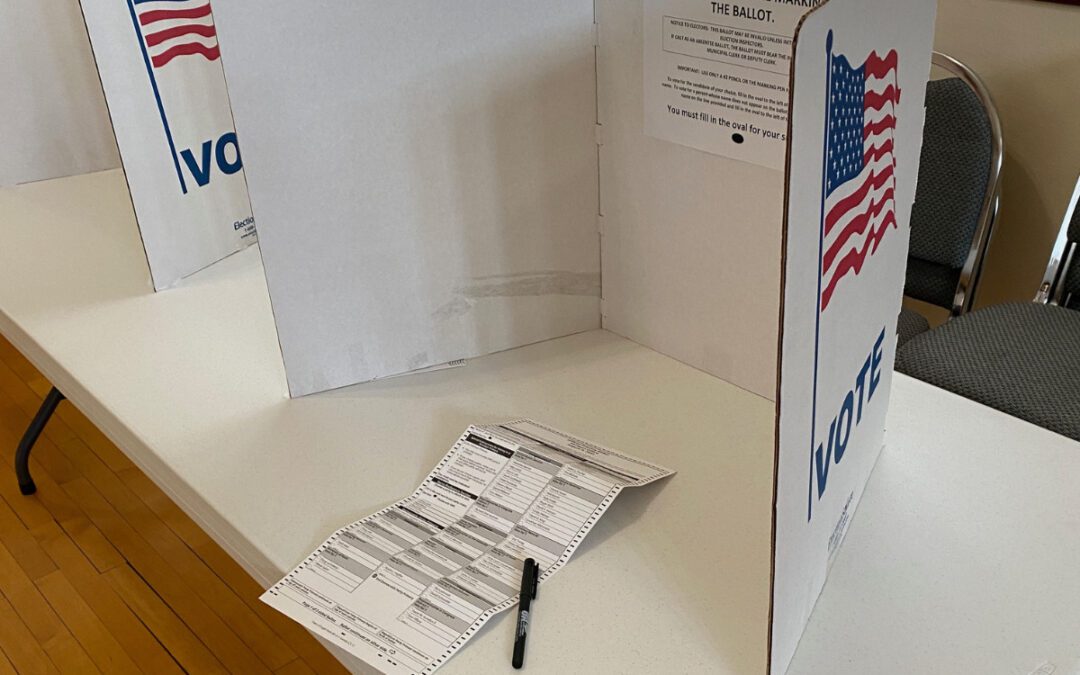
Citizen-driven ballot initiatives can’t happen in Wisconsin, but some people are trying to change that
About half the states have some process that allows citizens to collect enough signatures to force statewide referendums — something only the...

Sarah Godlewski becomes first 2026 candidate for lieutenant governor
The current secretary of state and former state treasurer won’t join what could become a crowded field of candidates seeking to succeed retiring...
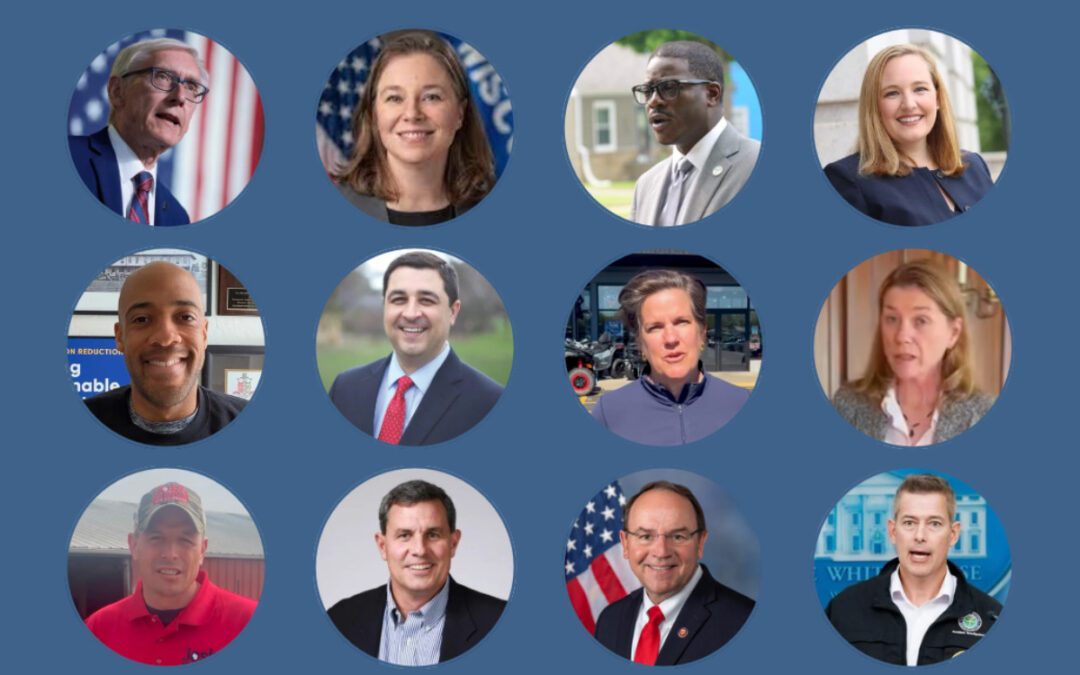
Who is (and isn’t) running for Wisconsin governor in 2026?
Gov. Tony Evers’ retirement will set off a feeding frenzy of political ambition for the first open governor’s seat in 16 years, and the ripple...


